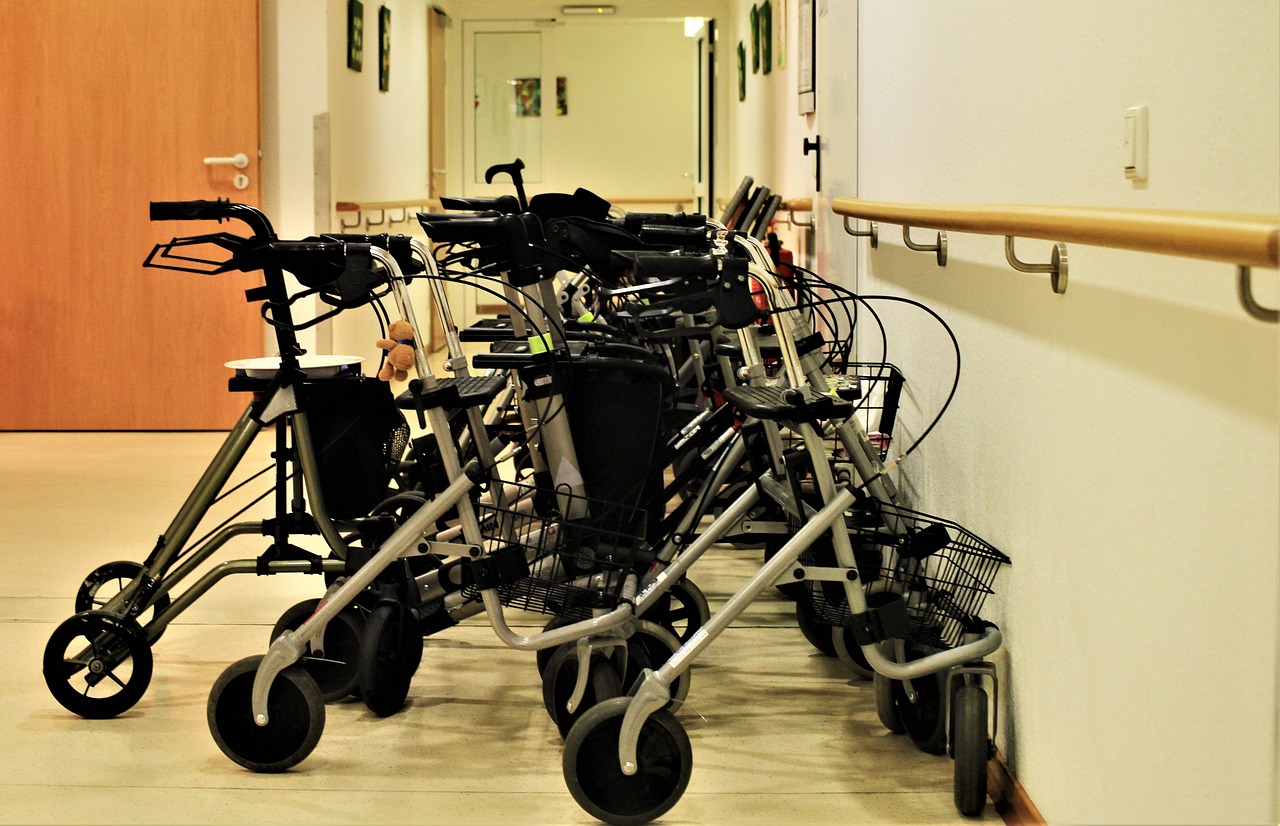Skilled Nursing OT

Achieving Independence: SNF Occupational Therapy Benefits
Introduction to Skilled Nursing Facilities (SNFs) and Their Role in Healthcare for the Older Adult
Skilled Nursing Facilities (SNFs) play a vital role in providing comprehensive healthcare services to the older adult. These facilities are designed to offer around-the-clock nursing care and support for individuals who require a higher level of medical attention. Within these facilities, a crucial component of patient care is Occupational Therapy, which focuses on helping residents achieve and maintain independence in their daily lives.
Overview of Occupational Therapy (OT) in SNFs and Its Unique Benefits for Residents
Occupational Therapy in skilled nursing facilities is a specialized area of therapy aimed at improving the quality of life for residents. Occupational Therapy emphasizes helping individuals perform activities of daily living (ADLs) effectively and safely. This includes tasks such as dressing, bathing, eating, and mobility. Occupational Therapists also assess safety and positioning in manual wheelchairs and power wheelchairs as well as other seating options.
The unique benefits of Occupational Therapy in a SNF include personalized treatment plans tailored to each resident’s specific needs and goals. Therapists work closely with residents to develop strategies and interventions that promote independence and enhance their overall well-being.
Importance of SNF Occupational Therapy in Improving Activities of Daily Living (ADLs) for the Older Adult
One of the primary goals of Occupational Therapy in a SNF is to improve the ability of older adults to perform ADLs. This is particularly important in a skilled nursing facility, where many residents may struggle with physical or cognitive impairments. Through targeted exercises and adaptive techniques, Occupational Therapists help residents regain lost skills or learn new ways to complete tasks, thereby enhancing their independence.
For example, an Occupational Therapist might teach a resident how to use adaptive equipment, such as grab bars in the bathroom or special utensils for eating, to make daily activities easier and safer. These interventions not only improve the resident’s functional abilities but also boost their confidence and quality of life.

Challenges and Future Trends in SNF Occupational Therapy
While Occupational Therapy in the SNF offers numerous benefits, it also faces several challenges. One significant challenge is the growing demand for services as the population ages. Additionally, there is a need for ongoing education and training for Occupational Therapists to keep up with the latest advancements in therapeutic techniques and technologies.
Future trends in Occupational Therapy in a SNF may include the integration of telehealth services, allowing therapists to provide remote consultations and support. Technology-driven interventions, such as virtual reality and robotics, are also being explored as innovative ways to enhance therapy outcomes.
How SNF Occupational Therapy Supports the Goal of Independent Living for Residents
The ultimate goal of Occupational Therapy in the SNF is to support residents in achieving and maintaining independent living. By focusing on individualized care plans and empowering residents with the skills and tools they need, Occupational Therapists play a crucial role in fostering independence.
For instance, a therapist might work with a resident recovering from a stroke to improve their hand-eye coordination and fine motor skills, enabling them to dress themselves without assistance. Another example could be teaching a resident with arthritis how to use energy conservation techniques to manage fatigue while performing household chores.
How to Become a Skilled Nursing Facility Occupational Therapist
For those interested in becoming an Occupational Therapist in a skilled nursing facility, the journey typically involves obtaining a bachelor’s degree in a related field, followed by a master’s degree in occupational therapy. Additionally, aspiring therapists must complete supervised clinical experience and pass a national certification exam to become licensed practitioners. Continuing education is also essential to stay current with best practices in the field.

Summary and Concluding Remarks on the Crucial Role of Occupational Therapy in the SNF
In summary, Occupational Therapy is an indispensable part of the care provided in skilled nursing facilities. By focusing on enhancing residents’ ability to perform activities of daily living, Occupational Therapists help improve their quality of life and promote independence. Despite the challenges faced, the future of SNF occupational therapy looks promising with the potential for technological advancements and innovative interventions.
For healthcare professionals and family members of older adults, understanding the benefits and importance of Occupational Therapy in the SNF can help in making informed decisions about care options. As the demand for these services continues to grow, skilled nursing facility Occupational Therapy will remain a critical component of comprehensive eldercare.
By investing in Occupational Therapy, we can ensure that our older adult population receives the support they need to live their lives to the fullest, with dignity and independence.
